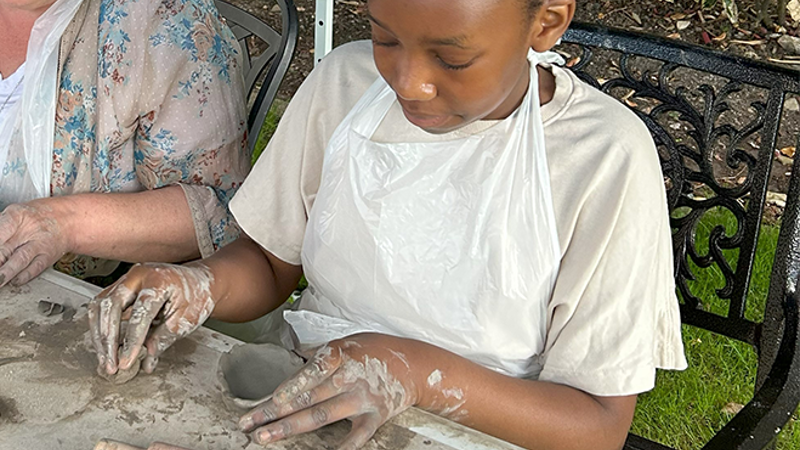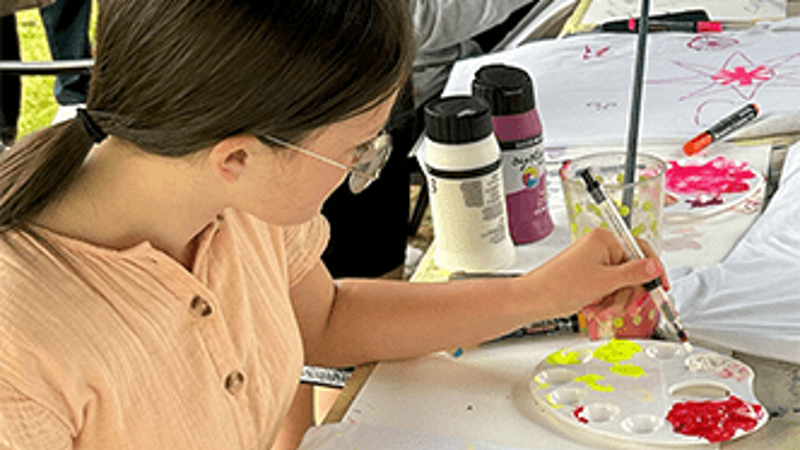Values in youth work
Values are the core beliefs and ideals that guide the overall approach and ethos of youth work. They reflect what is important and meaningful in the practice, shaping its approach and impact. These values help create a supportive and inclusive environment where young people can thrive and develop positively. Some of youth work’s key values include:
- Empowerment: Youth work aims to empower young people by helping them develop the skills and confidence to make decisions and take action on issues that affect their lives.
- Equality and Inclusion: It promotes equality and inclusion, ensuring that all young people, regardless of their background, have access to opportunities and support.
- Respect: Respect for all young people is fundamental, recognising their rights, individuality, and potential.
- Participation: Youth work meets young people where they are at, encouraging their active involvement in decision-making processes and giving them a voice in matters that affect them.
- Partnership: It fosters partnerships between young people, youth workers, and the community, building supportive community networks.
- Voluntary Participation: Participation in youth work activities is based on the voluntary engagement of young people. They choose to participate, which fosters a sense of ownership and commitment.
- Accessibility: Youth work aims to be accessible to all young people, ensuring that activities and support are available at the heart of local communities.
- Informal Education: It provides informal learning opportunities that complement formal education, helping young people learn about themselves, others, and society.
- Safety and Protection: Promotes the safety and well-being of young people and provides safe and supportive environments for young people to explore the challenges they face.
The benefits of youth work
Youth work can have a transformative impact on many young lives, helping them develop lasting skills and attributes, and can particularly affect the lives of young people who are vulnerable, marginalised, or struggle with the challenges of adolescence.
Evidence suggests that youth work promotes personal development and growth, improves physical and mental health and wellbeing, and offers a safe space for young people to be themselves. It can also help to enhance social responsibility and connections with adults and develop essential hard and soft skills for education and employment. It also:
- Builds young people’s capacity to consider risks and consequences in order to make informed choices and take responsibility.
- Develops abilities to manage personal and social relationships.
- Improves self-esteem and confidence.
- Gives young people a voice in decisions that affect their lives.
- Offers young people the opportunity to talk and be listened to.
- Helps develops social awareness and active citizenship.
- Provides young people with learning opportunities to gain knowledge and develop new skills.
At community level, youth work fosters community spirit and encourages young people to play an active role in the development of their local community. At a broader level, youth work tackles real social issues, combats disadvantage, enhances democratic life and contributes to the well-being of society.
For more information on the values, benefits and definitive features of youth work, visit the National Youth Council of Ireland (NYCI) website here.




